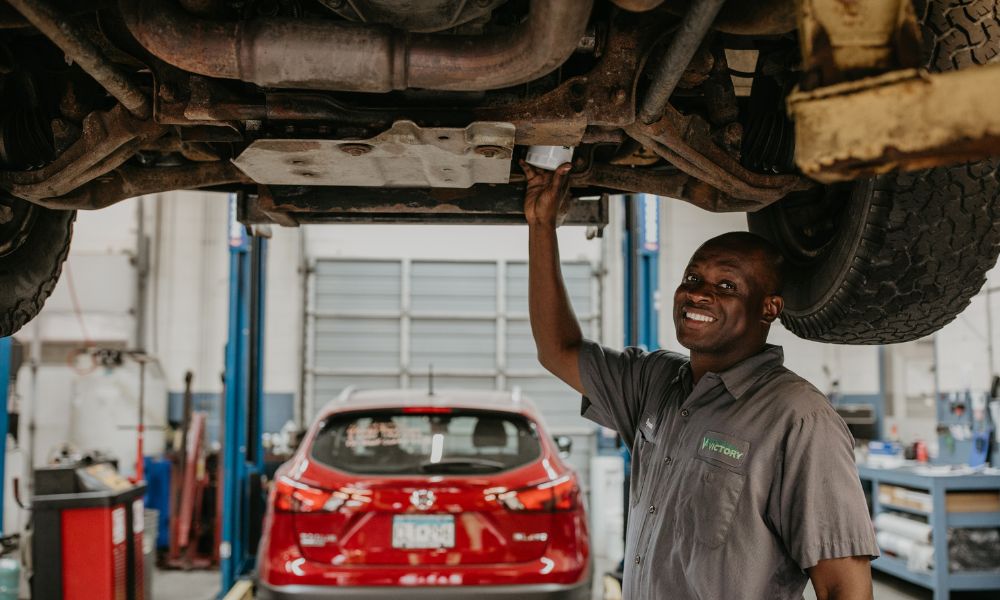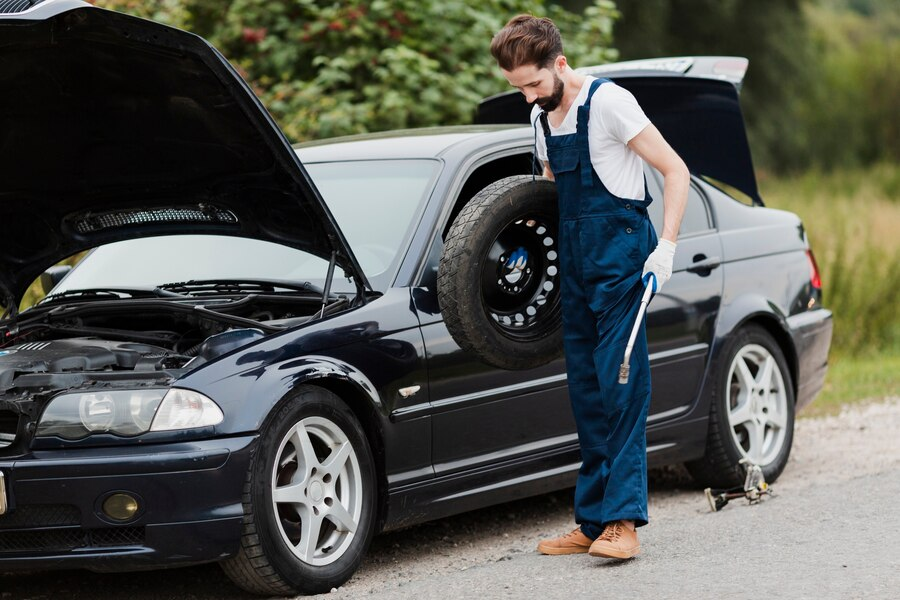Nothing beats the thrill and comfort of hitting the open road in an RV. It offers you the freedom to explore the outdoors on your own terms and the convenience of preparing some delicious homemade meals. But it also comes with a cost: limited mobility. When you need to navigate around some narrow streets to get some groceries or visit a crowded popular attraction, driving your RV suddenly becomes a hassle. That’s when you start thinking about towing a vehicle behind your motorhome. Here’s what you need to know about flat towing baton rouge la.
What is Flat Towing?
Flat towing, also known as dinghy towing, four-down towing, toading, or recreational towing, is a method that allows you to pull along a vehicle behind your motorhome with all four wheels on the ground.
To pull the vehicle, you need to attach a tow bar to the RV’s hitch receiver and connect it to your vehicle’s base plate. This solution requires less equipment and takes less time and effort to set up, compared to other towing options such as using a dolly or trailer.
What Cars Can You Flat Tow?
Not all cars are designed to be flat towed; that’s why you first need to verify that the car you want to haul is manufacturer-approved for four-down towing. The main reason you can’t dinghy tow any car is that every model comes with a unique transmission and lubrication system.
If your car isn’t designed to be dinghy towable, and you go ahead to tow it, its moving parts won’t get lubricated, leading to costly transmission damage.
As a rule of thumb, cars that are ideal for flat towing are those with rear-wheel drive and a manual transmission. But if its steering locks prevent the front wheels from turning when the engine is off, it can’t be towed.
What Do You Need to Flat Tow a Car?
You’ll need several hardware components to tow your dinghy vehicle. A tow bar to securely link your vehicle to the RV, a custom base plate to equally distribute the forces exerted by the tow bar, and safety cables just in case the tow bar detaches.
On top of that, you require a braking system, which works in sync with your RV’s braking system to provide a smooth and safe braking experience. You’ll also need a wiring harness to run from your RV through the tow bar to the dinghy car’s tail light system.
Choosing the Right Vehicle for RV Towing Purposes
The vehicle’s towability should obviously be the first thing you need to look into. But there are also other factors you need to consider. First among them is your personal needs. Do you want a dinghy vehicle for off-roading or a regular car for short trips from the campground to the grocery store? If you are a big family, you’ll want a car with ample room.
Next up, you’ll need to check that your motorhome can safely pull the weight of the dinghy vehicle you want. And most importantly, read the model manual before purchasing a dinghy vehicle to confirm that the vehicle is approved by the manufacturer for flat towing.
Ready for Flat Towing?
towing baton rouge la offers RVers so much convenience before and after you reach your travel destination. You don’t have to break camp anytime you want to run errands in town, and you can explore at a moment’s notice, all without worry about extra RV fuel costs.
If you are ready for dinghy towing, talk to Auto Boss RV today at 480-986-1049, and we will help you find and install the parts and components needed for flat towing.





